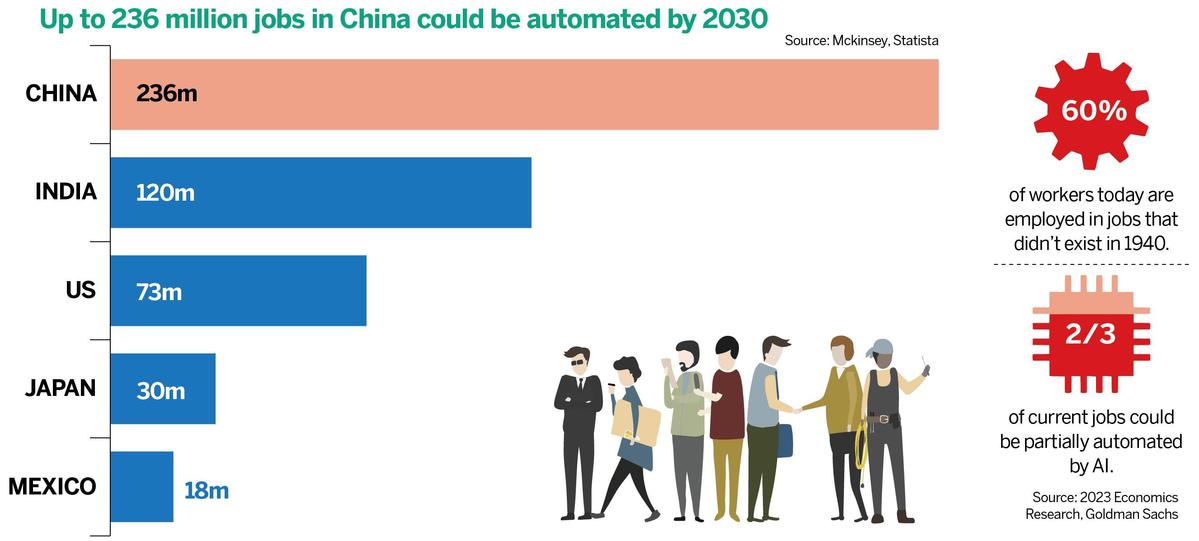Could supersmart machines replace humans?


Hallucinating AI
Are the supersmart AI self-learning systems able to outwit their human creators? Strange incidents are surfacing as AI "hallucinations" where AI is generating seemingly plausible results that are false. No one can explain how an engine designed to search for answers, can invent its own fake responses that are logical and believable.
Dmitry Tokar, co-founder of Zadarma, argues that problems could occur if emotion-feeling models are developed. "Emotion is what makes a person dangerous, and AI is supposed to be just knowledge put together. As long as AI is not programmed with emotions that can lead to uncontrollable actions, I see no danger in its development."
Dr Hinton who resigned his position from leading AI at Google to speak freely to the world at large, warns that we are at an inflection point in AI development that requires oversight, transparency, accountability, and global governance, before it is too late. He said he hopes corporations can shift investment and resources that are now 99-percent development against 1-percent safety auditing, to a balanced 50:50 share.
- Legal tools essential for AI regulation
- China launches remote-sensing satellite for Algeria
- China reports drop in workplace accidents, fatalities in 2025
- From Kansas to karst: Unpacking Guangxi's charms
- China carries out nearly 8.5m hectares of land greening in 2025
- Chongqing red leaf festival draws record 4.7 million visitors




































